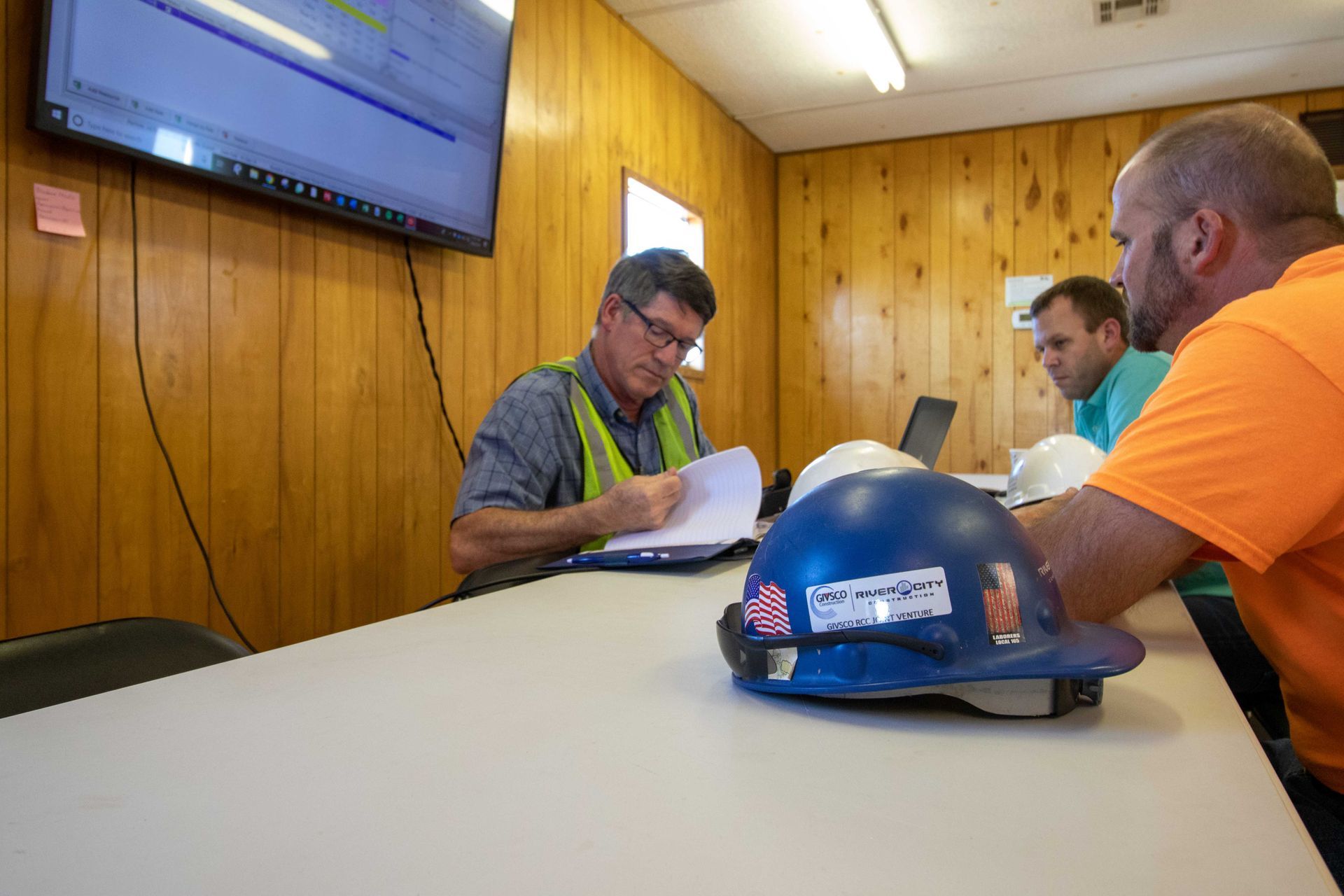Protecting Your Construction Business During a Crisis
It wasn’t that long ago that the Great Recession impacted the construction industry in ways that many businesses are still recovering from. While it’s never easy to predict when a crisis will lead to a downturn in the economy and what the consequences may be, it’s important to take steps now as a proactive measure to protect your construction business.
Regardless of the size of your construction business, any number of things could affect your revenue: contractor disputes, lawsuits, unpaid invoices — all of these could put you in the red without building resiliency during difficult times.
Keep Cash On Hand
If the impact of COVID-19 has taught us anything, it’s that emergency funds are no longer optional, but a necessary part of our monthly budgets. It may not be easy now, but the first thing you should do when cash starts flowing again is save. You should have enough cash on hand to cover at least 3 months of operating costs and any margin of loss that you may incur during a business interruption.
Forget the Backlog
Although you may (and should) have some project scheduled months in advance, you can’t depend on that work to get you through the slow months. Those projects depend on financing, and assets are very quickly reallocated during and after a crisis or disaster. You may quickly run through your backlog, but the good news is that this is a time to focus on niche projects or extend your service offerings.

Keep Your Key People
Although construction employment was reaching record highs leading up to the COVID-19 pandemic, there was always a discussion regarding labor shortages and unfilled job positions. If it comes down to cutting costs with optimized payroll practices and staffing, prioritize your top talent. Boost wages, offer incentives, and market your business to keep projects in the pipeline.
Control Your Costs
Increased challenges at the job sites, delays in material, and rising labor costs all impact profit margins. If you don’t stay ahead of the cost curve you’ll underestimate projects and cut revenue potential. With this knowledge, you’ll be able to bootstrap during a crisis in order to protect your cash flow. The right scheduling software will become the foundation of these cost-saving initiatives.
Showcase Your Strengths
Think about the one thing that your construction business does better than the rest. Maybe your work is of higher quality than the competition, or maybe you’re a stickler for the budget and timeline. You could even have niche experts on your team whose skills are underutilized. When projects slow down and leads are sparse, focus on the skills you can leverage for differentiation.

Trim the Excess
Are you taking on too many projects at once and overextending your resources? Are you failing to properly schedule each and every project? Have you found yourself spending money on things that don’t contribute to business growth? Look close at “business as usual” to find areas to tighten up as soon as problems arise and start looking for opportunities to save.
Refine Your Sales & Marketing
How you approach getting leads and marketing your construction business will change in a crisis — sometimes drastically. You’ll need to send an empathetic message while also promoting your business (either directly or by proxy). Clients will appreciate a more human touch; it will build trust and offer a sense of transparency.
Don’t Skimp on Safety
Proper scheduling will give you a good idea of the labor you’ll need for the project, but this is not the place to cut corners. Don’t work your staff too hard or for excessively long shifts; this directly impacts their health and safety. Imagine what would happen if you were to be dealing with a lawsuit during a crisis.
Take Advantage of Tech
Scheduling, customer relationship management, accounting, payroll — there’s a tool for all of these construction businesses and more. When live and in-person meetings and presentations aren’t an option, you can still get projects done efficiently and on budget with the right tech tools. Offering a universal platform for communication during times of crisis keeps everyone on the same page and collaborating.
Construction scheduling project management is a critical piece of any major project. A realistic, logical calculation of the best-case scenarios, likely scenarios, and worst-case scenarios give you and the project team an accurate schedule to work with. Ensure that you’re building a foundation for success, even during a downturn — get in touch with our team to find out how.







